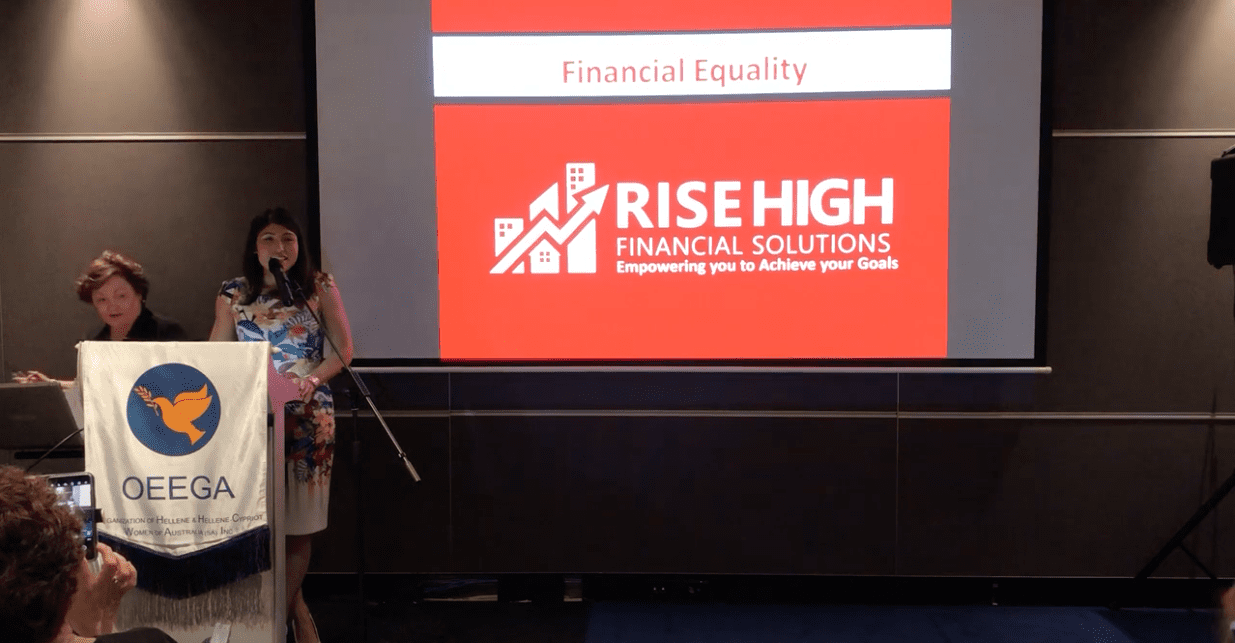You’re looking to purchase a new property and you’re looking to get pre-approval, excellent! When you go in to talk to your mortgage broker we want you to bring up ownership structure.
Ownership structures
There are many different ownership structures for your investments. All of them have different affects on your tax and income. But it’s something that you need to have sorted before you purchase that investment property! So many of our clients come to us too late and the cost of changing your mind is high, so make sure you’re prepared for your next investment!
Trust
Some structures are more popular than others when it comes to your investments. If the idea of a Trust makes you wonder in confusion, you’re not alone, but they’re actually easier to understand than you might think!
Trusts are one of those styles that just don’t seem to go out of fashion. There are two types of trusts for you to choose from: discretionary trust and unit trust. Trusts and Companies are can actually be understood in a similar way. On a very broad level, your Trust is an obligation given to one person or entity for the benefit of its beneficiary.
The similarities certainly don’t end there. Company’s play by different rules than you do as an individual. Your company is a separate legal entity, which means it can be separately sued. So, if you buy a property under your company name and for some reason your company gets sued, the creditors won’t be coming after you. It’s a little different when it comes to your trust though… in the Trust structure, the trustee can potentially get sued individually. These can be really important things to consider if you’re self-employed or running a business through a company and you want to get the maximum asset protection you can. There are always pros and cons when you’re considering any options. But there are a few things we’ll look at when you want to talk structures with your mortgage broker.
- Tax effectiveness
- Asset protection
- Succession planning
- Cost
Tax Effectiveness
Of the four main considerations listed above, this is by far the most confusing. If you’re really not sure how is could work for you speaking to your mortgage broker is the best way to find out what works for you. But we’re here to arm you with the basics first.
Income Tax
This one can work for the individual buyer whos purchased in their name. When you first get that property the loss its incurring for the first could of years can be offset against your everyday income. This is called negative gearing and its a beloved benefit. As we all well know, there’s usually a flipside. If that property becomes positively geared it will end up adding to your everyday income and could be the marginal rate. Any changes to your situation could affect your properties negative gearing potential as well. They’re all very complicated pieces of the tax effectiveness puzzle that can easily get lost if you haven’t considered all the cons with those pros.
You might be wonder what this could mean for beneficiaries in a Trust? Well, nothing… you can’t distribute the Trust to the beneficiaries, so you can’t distribute the loss. If it’s positively geared, you can distribute it to whoever you’d like to distribute it to. This is when it becomes tax effective, when your rental income is more than the expenses.
Land Tax
The ever present tax… but don’t worry, you can minimise it’s effects on your portfolio. If you have multiple properties whos land values add up to $500,000 your tax is probably really high. But it doesn’t have to stay that way. Adjusting the ownership structure of a few of the properties could bring you under the threshold and save you valuable future funds. This form of tax is one that can really creep up on you, so don’t let it take over your portfolio and affect your retirement plans.
Capital Gains Tax
If you’re considering selling your investment property have you considered the tax implications? This tax applies when you decide to sell and investment property. If you’ve held a property under an individual name for more than 12 months capital gains tax applies. Have the property under a Trust structure or as a residential property can get you a 50% discount on those taxes. But in a Trust it’s essentially just a deferral and the amount will be redistributed. Companies don’t get the discount at all, so it’s really important to consider these things when you first purchase an investment property! Are you going to buy your property and live in it, then rent it out, or buy, renovate, or subdivide? All these changes can affect how much you’re going to have to pay to the government in the future.
Asset Protection
Every occupation comes with risks. But did you know that your occupation could put your assets at risk? If you get personally sued your assets under your name are up for grabs. Having those assets under a Trust, Superfund or any other structures that separate you can protect those assets.
Succession Planning
If you’re starting your investment journey young you’re giving yourself the best future. But sometimes it can be hard to consider the worst. We can understand if succession planning isn’t at the front of your mind, but it’s really important if you want to ensure your hard work is left in the right hands. If you want to transfer ownership title to another person it will cost you stamp duty and capital gains tax… expensive. This can be why a Trust is popular, especially for families. Change the name of the trustee to the person you would like to transfer title to. Once they are named nothing changes. It could also be done by transfer of assets to named beneficiaries. This provides the same flexibility as the Trust and both options lack the hefty costs involved in the other options.
Cost
The traditional method of making an individual purchase is much more cost appealing. We absolutely understand the desire to just make that purchase and get that investment into your portfolio sooner. But the costs may be worth another look. There is a high upfront cost involved in setting up a different ownership structure. This costs can range from $500 to $1,000 and sometimes more. You absolutely need to seek legal advice first which can be pricey, and there could be other set up costs involving GST and ABN for a Trust. But they are the types of costs you will make back quickly in the future. The benefits of these other structures will save you their extra initial costs and more.
So which structure do you choose?
There is no one-size-fits all when it comes to ownership structures for your investments. We get asked this question all the time and we will never have the same answer. Your needs and wants are something we take very seriously and they all need to be considered before we decide what will work best for you now and in the future. Building your team of experts will give you the best chance of making the right investment decisions now that you can enjoy in the future.
If you’re still not sure what all of this means, you’re not alone. Your Rise High mortgage broker wants to help you find the right ownership structures for your investments!
Contact us here or leave your details below and we’ll get back to you!



